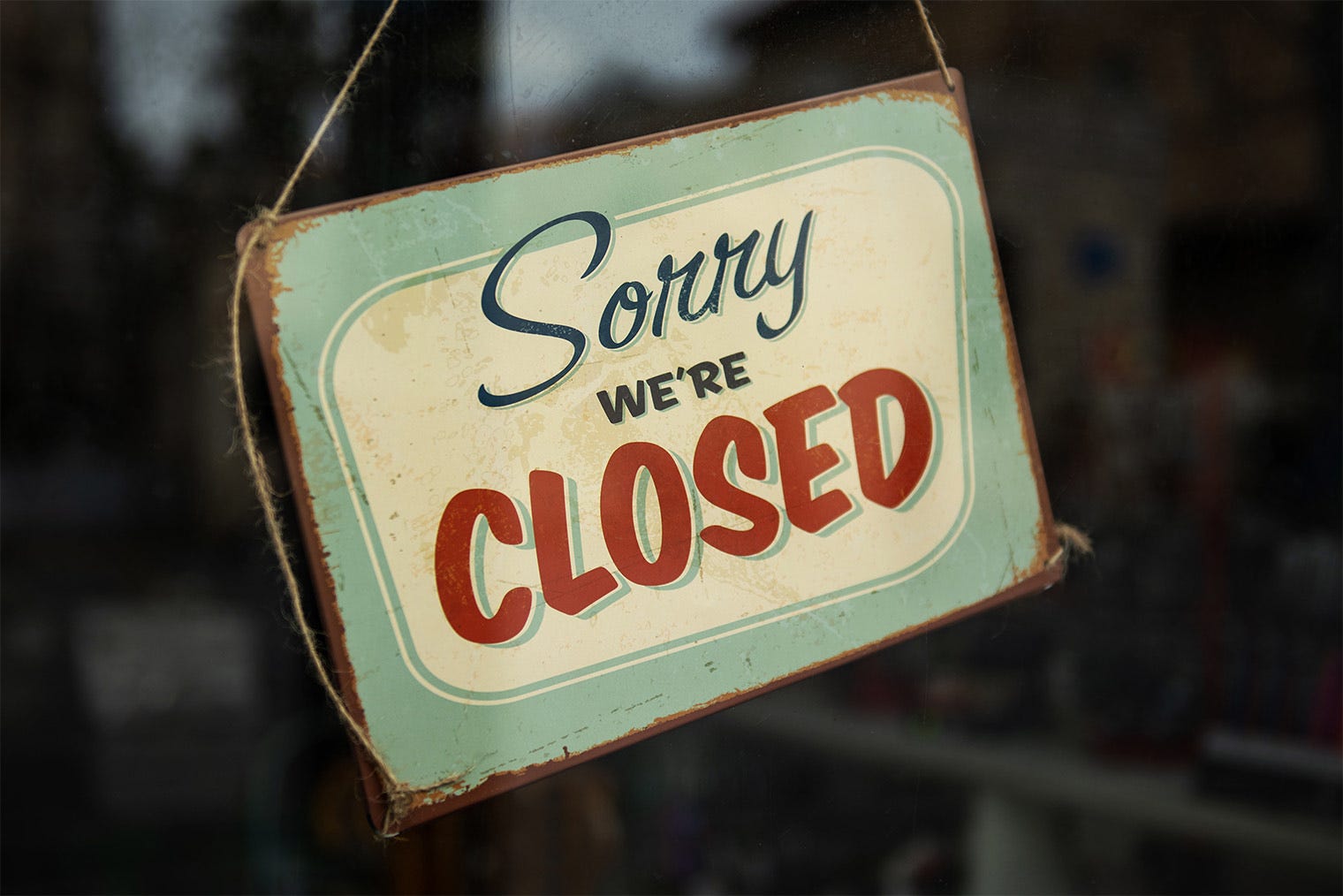
AUTHOR
Tim Mossholder
JOURNAL
On the Art of Apology
When I married for the first time, I was young and had not mastered the most important marriage skill: apologizing. Asking for forgiveness is much more difficult for young people than it is for older couples. I chose the silent treatment instead, determined not to forgive, not even if it killed me. What a wonderful foundation for a marriage.
Disputes are complicated if you tend to think that you are never at fault. Your partner is—and you sincerely wonder why they cannot see the truth.
Of course, you can always apologize, even if you feel that you have done no wrong. If your partner is upset, you can skip hours and hours of rehashing by apologizing at once.
WOMEN ARE OFTEN more sensitive in this respect. A brusque tone is all it takes. Their partner could save a great deal of trouble by quickly saying the three magic words—I am sorry—when her eyes start to glisten with tears. And she should forgive immediately.
An American study discovered that women who are able to forgive those who have treated them poorly are less prone to depression than others. Should we forgive “for our own sake,” as a popular piece of advice suggests?
But what if the other never apologizes? There is no point in such forgiveness. Quite the contrary: forcing yourself to forgive can be harmful. The anger turns inward. There are also things that cannot be forgiven—no need to sacrifice your self-respect.
SOME PEOPLE APOLOGIZE all the time but never learn from their mistakes. They are genuinely sorry when you explain how they have hurt you. A week later, they repeat their mistake. Eventually, you will need to be constantly on guard in their company: when will they stab me in the back again?
Cutting ties with such people is a good idea. They will never understand what they can and cannot say to others. Lack of social instincts is inexcusable.
WHAT WOULD I like to apologize for? To begin with, I would like to ask my son for forgiveness.
I was often impatient when walking him to kindergarten. He was wondering at the world, stopping to examine each bank of snow and other details that were meaningless to me but new to him. I yelled and rushed and dragged him by the hand behind me.
And why? I wasn’t in a hurry. I’m a writer—I have no office hours. I could have let him spend all the time he needed on the trip.
I didn’t realize this until one of the teachers told me that he was often tearful and anxious when I left him at the sandbox. Of course he was. I had made him nervous by rushing him and yelling at him. I’m sorry.
CHILDREN USUALLY forgive their parents easily. Teenagers—not so much. You are rejected even if you apologize many times over. It is as though they want you to roll on the floor, from wall to wall, whining like a dog.
Only then does their heart melt. Fortunately, this phase is temporary.
By Anna-Leena Harkonen
Published with permission from Rights & Brands




